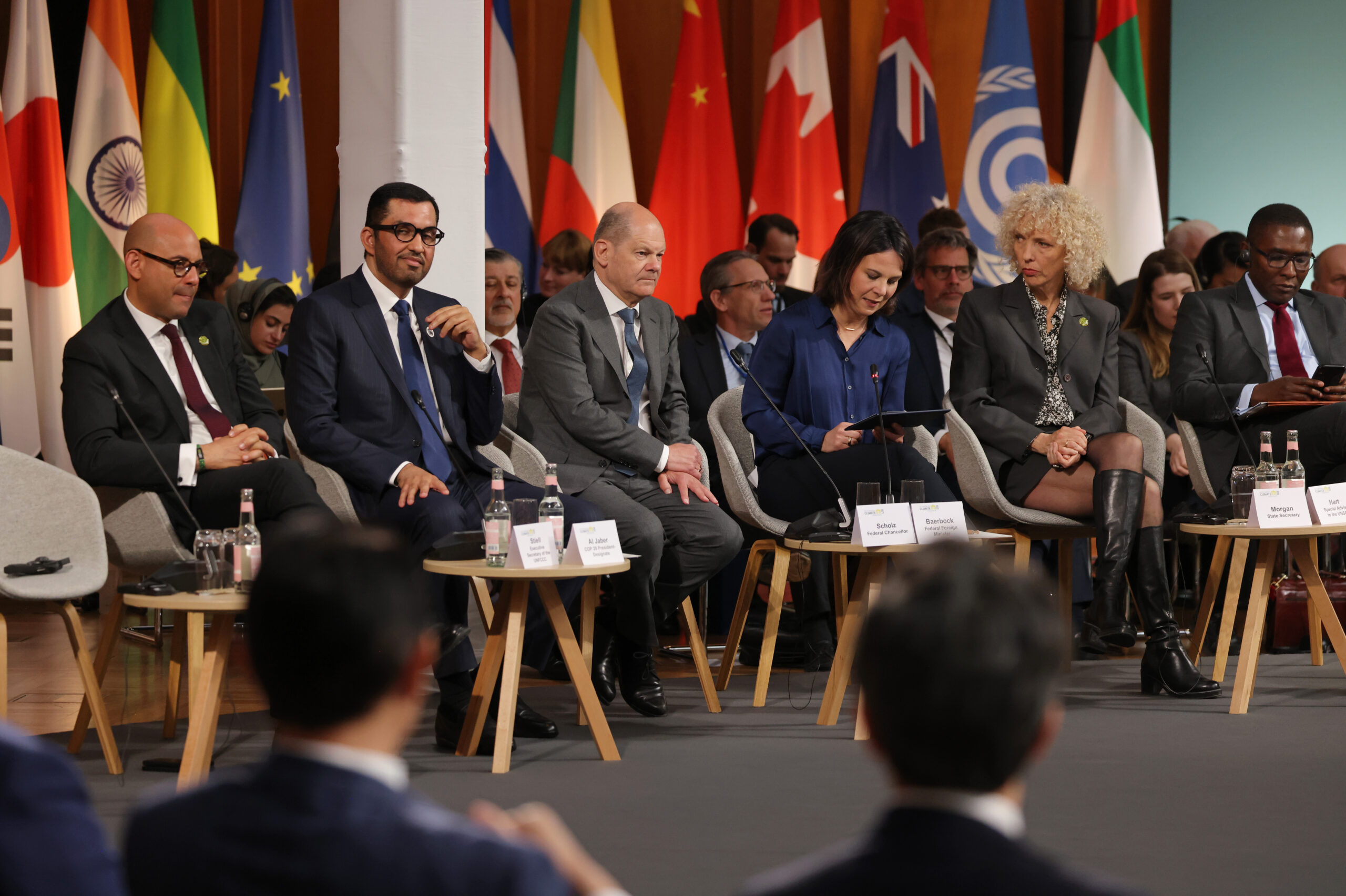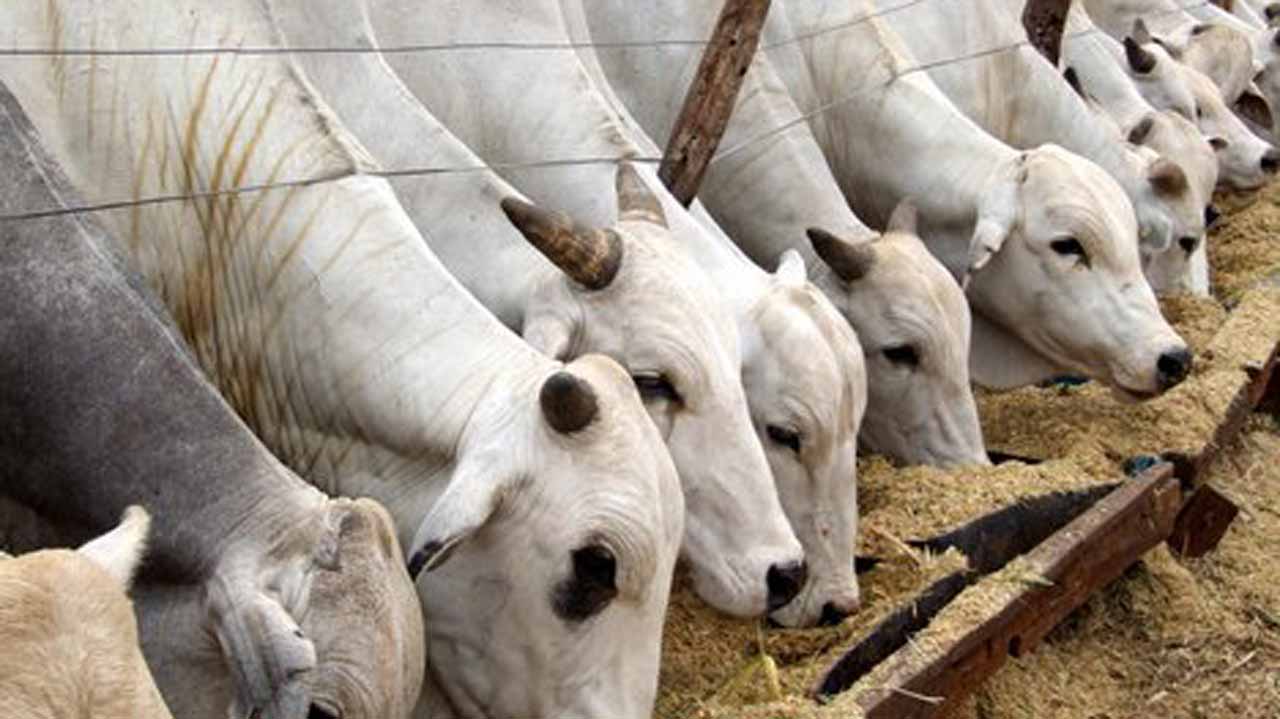The United Nations World Food Programme (WFP) has disclosed that $190 million is required to provide lifesaving food and nutrition assistance to the most vulnerable people over the next six months.
The body said if urgent action was not taken, four million people in the northeast would go without food assistance during the peak of the lean season.
n a statement issued by the Head of Communications, Advocacy, and Marketing, WFP, Chi Lael, said it was scaling up to provide emergency food and nutrition assistance to 2.1 million people affected by conflict and in dire need of humanitarian assistance.
The statement noted that thousands of people were left with only one month’s food supply as households in conflict-affected areas rely on minimum income to purchase food.
It reads in part: “WFP is gravely concerned that years of armed conflict in northeast Nigeria is driving hunger and malnutrition, with millions in need of life-saving assistance and facing the risk of famine.
“The March Cadre Harmonisé projects that 4.3 million people in Borno, Adamawa, and Yobe states face severe hunger during the peak of the lean season between June and August 2023.
“The hunger crisis worsens an already bad situation for many families struggling with economic hardship, surging inflation, impacts of Russia-Ukraine war, the currency redesign policy, slow post-COVID-19 recovery and unprecedented floods in 2022 which limited agricultural production and overall food availability.
“A lack of assistance also increases the risk of youth recruitment into armed groups, as well as displaced populations returning to inaccessible areas where they are beyond the reach of humanitarian assistance and other social services.
“The more people in need of urgent food assistance who go unassisted, the greater the risk of starvation and death among the most vulnerable, and the more people will be forced to resort to coping mechanisms such as survival sex, selling possessions, and child labor.
By Dare Akogun





